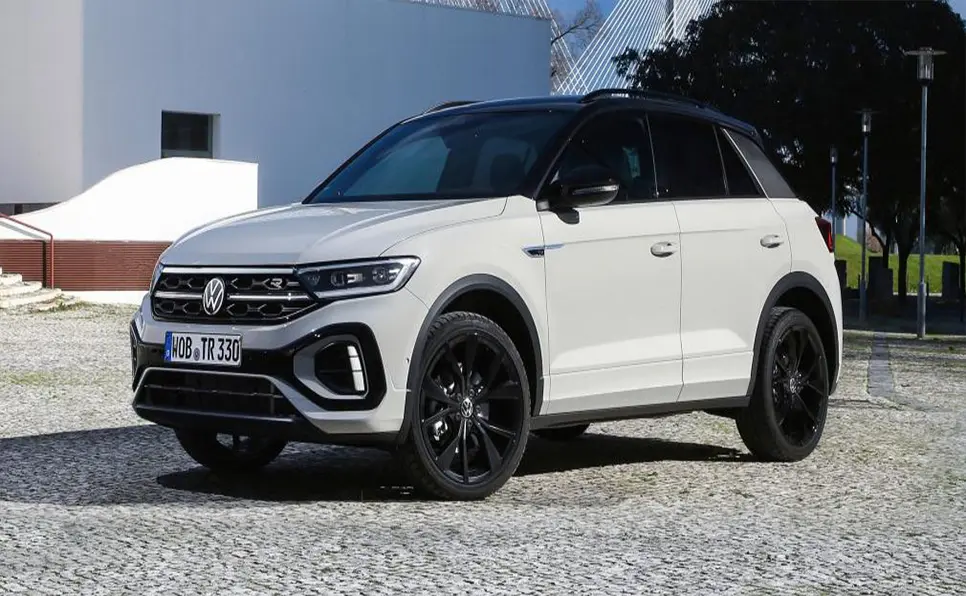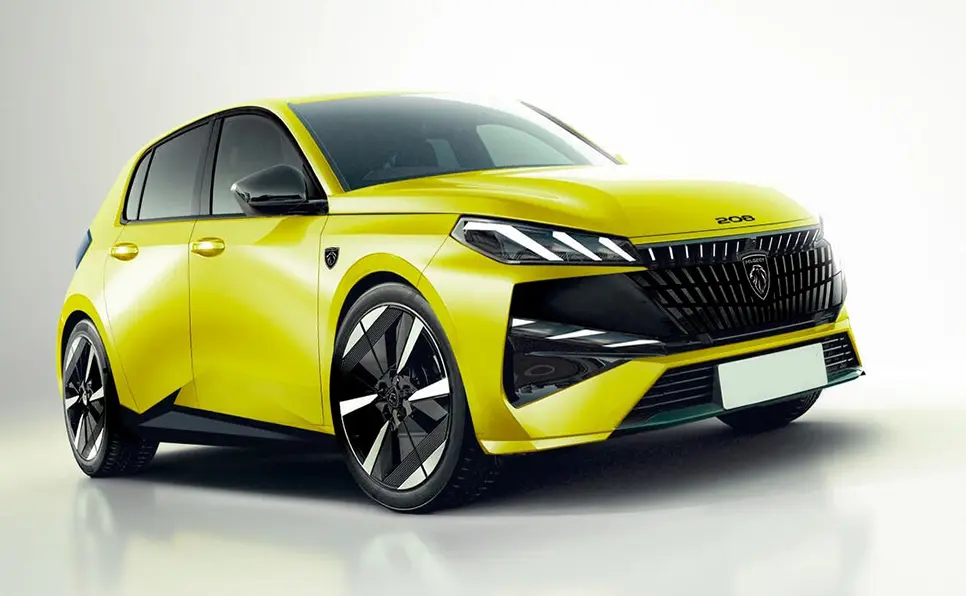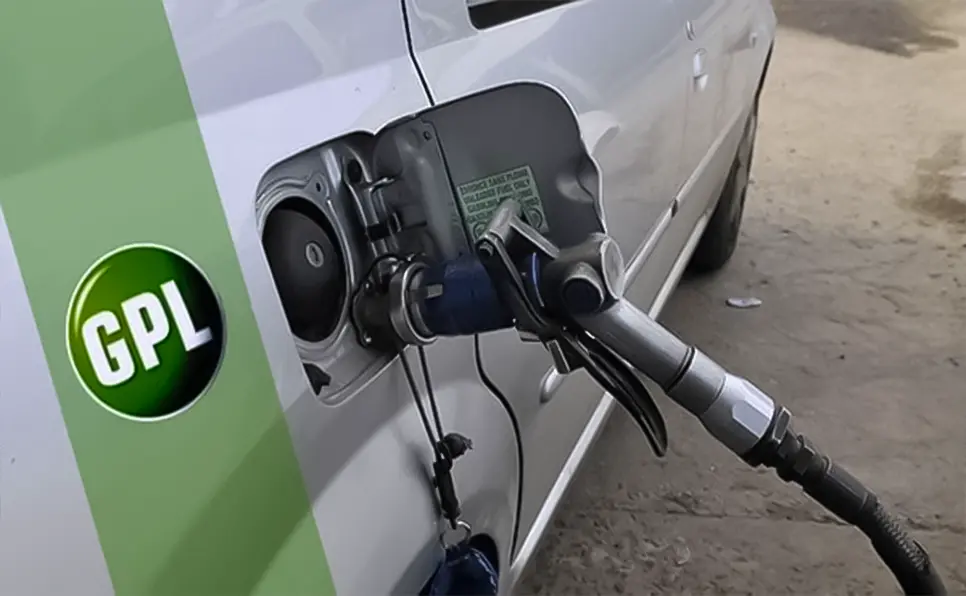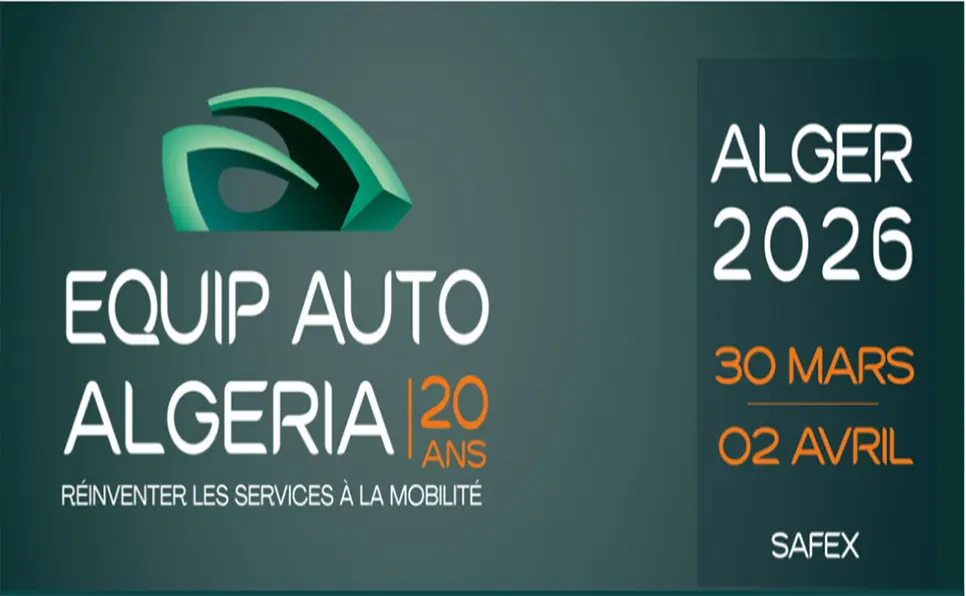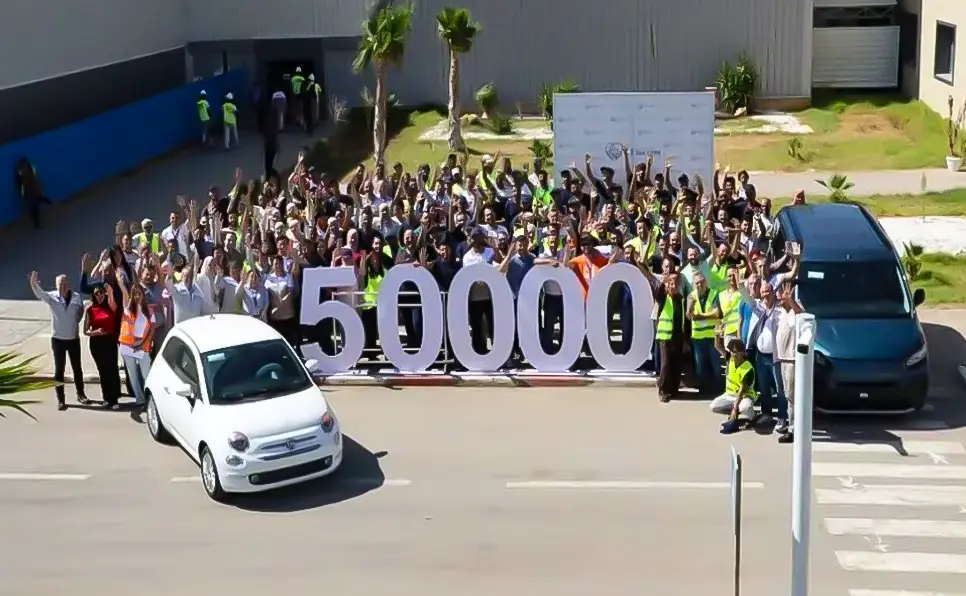
Awaiting a true successor to Luca de Meo, Renault announced a new interim CEO. Several candidates were still emerging, such as Denis Le Vot (Dacia) and Maxime Picat (Stellantis). However, in the end, Renault chose Duncan Minto, the company’s chief financial officer, as its interim leader.
Some speculated that the reason for former CEO Luca de Meo’s departure from Renault was his prediction of poor results for the French company, indicating that the company was headed for a decline and further financial problems. However, these predictions do not appear to be correct, according to Renault’s data, which does not indicate any significant problems in the foreseeable future.
Retail sales (to individuals) have declined, and there are weaker-than-expected forecasts for the second half of the year. Renault had forecast a profit margin of 7% in 2025, but this is expected to fall to 6.5% in the first half of the year. In the first half, it was 6%.
With the continued deterioration of automotive market dynamics, increased commercial pressure from its competitors, and the expected continued decline in the retail market, the Renault Group forecasts a 6.5% profit margin, down from 7%, and a free cash flow of €1 billion, down from the expected €1.5 to €2 billion.
The situation is not alarming for Renault, which maintains several advantages: not relying on the US or China in a challenging international environment, its factories operating at 90% of their production capacity in Europe, and strict inventory management, in addition to controlling residual value.
Thus, the company’s business still appears to be in good shape, but a slowdown after years of growth cannot be ruled out. However, the company maintains sales in its main markets in Europe, Latin America, Africa, and Asia.

